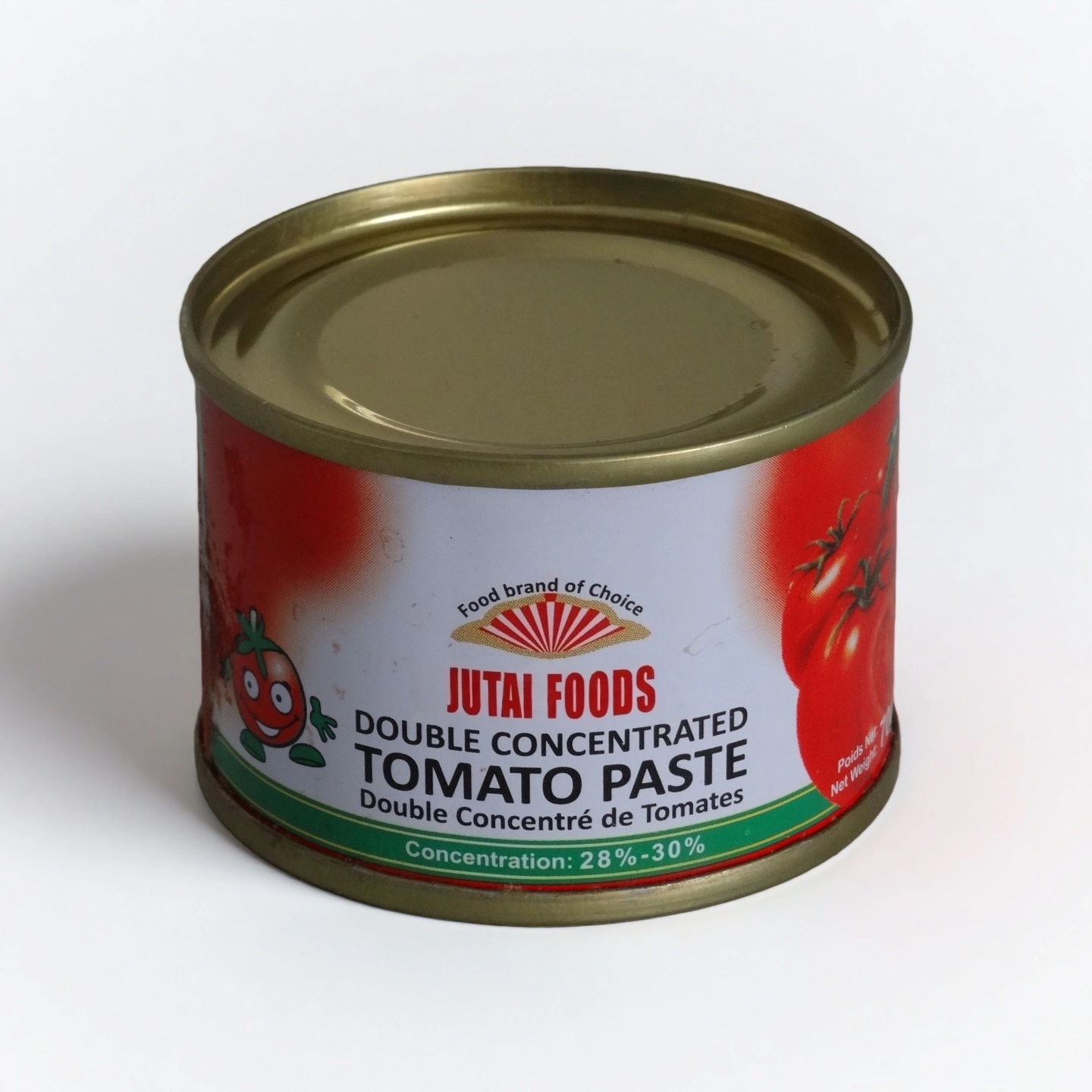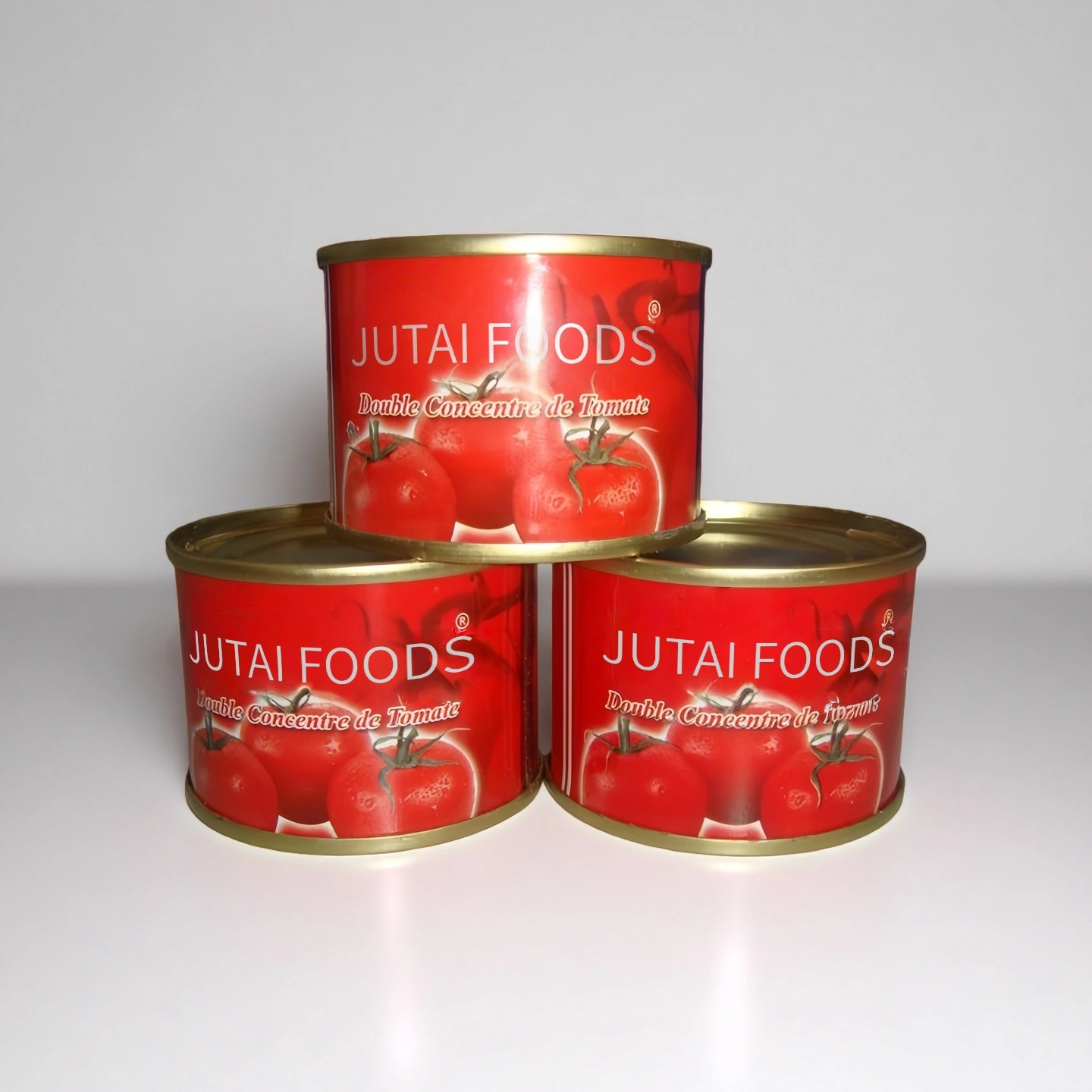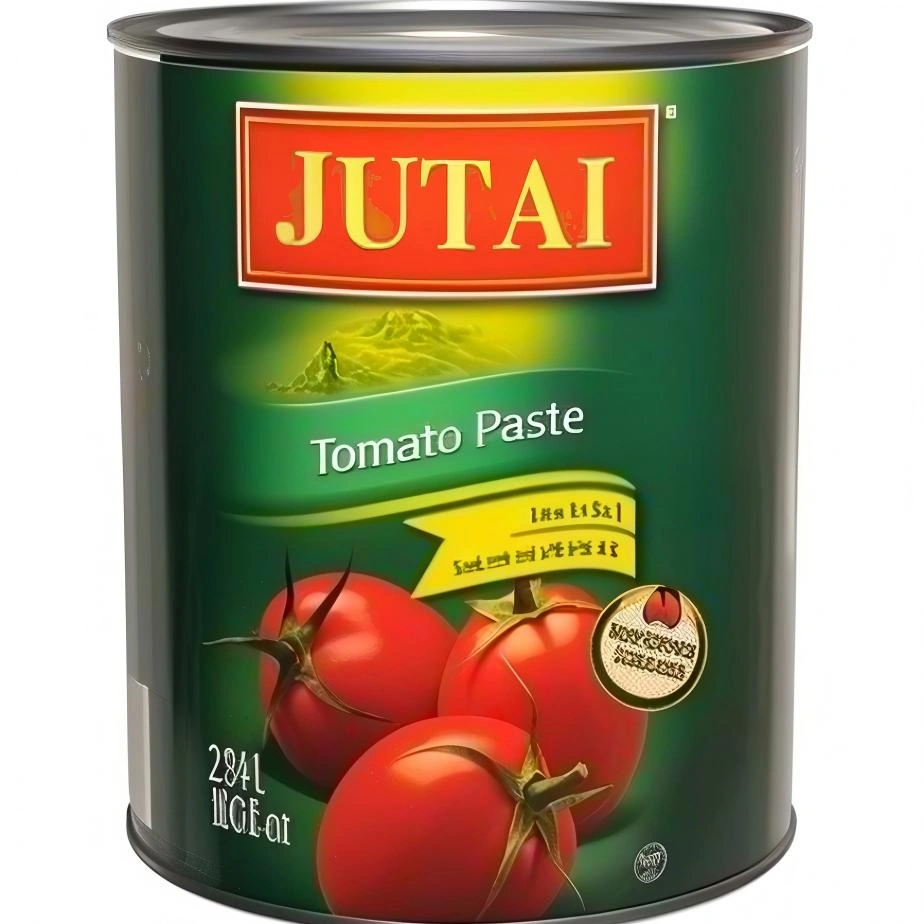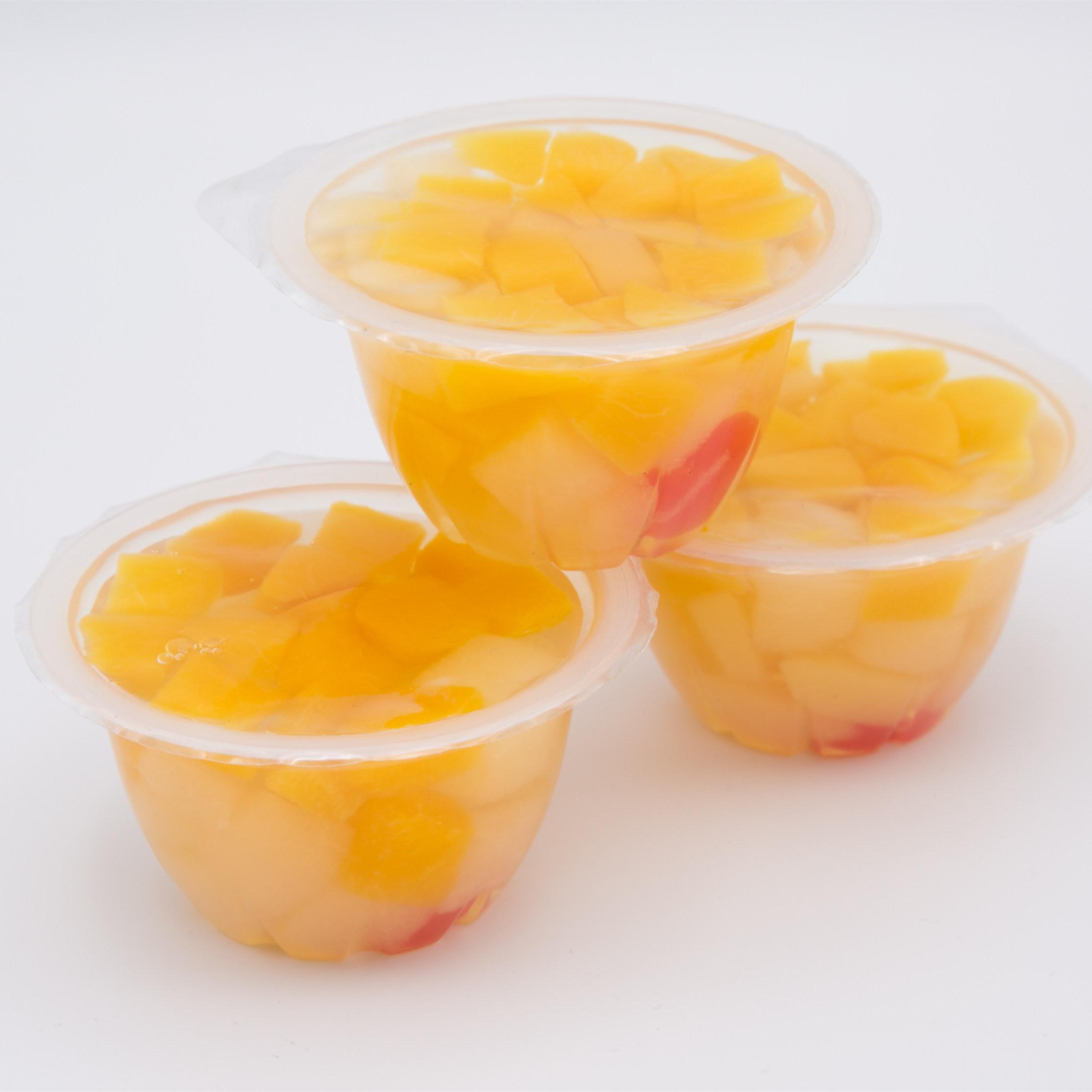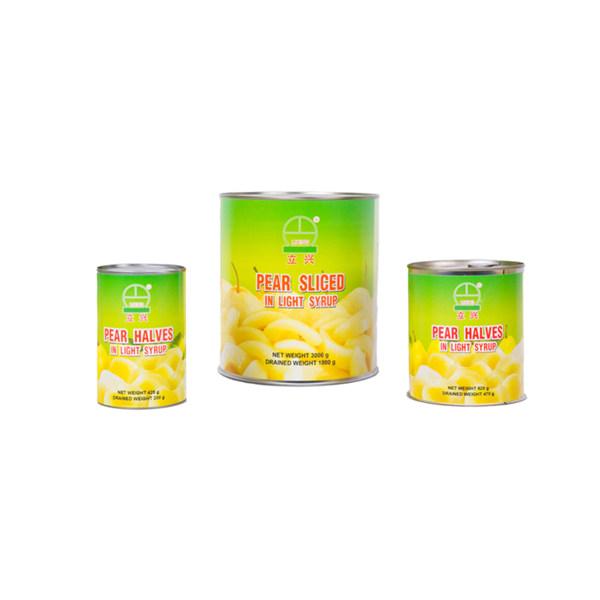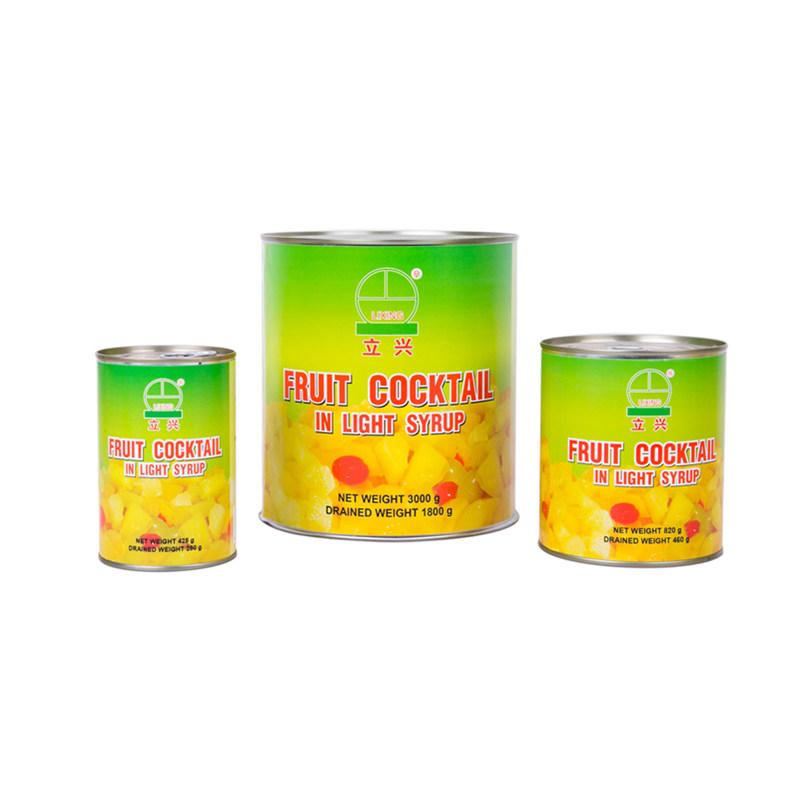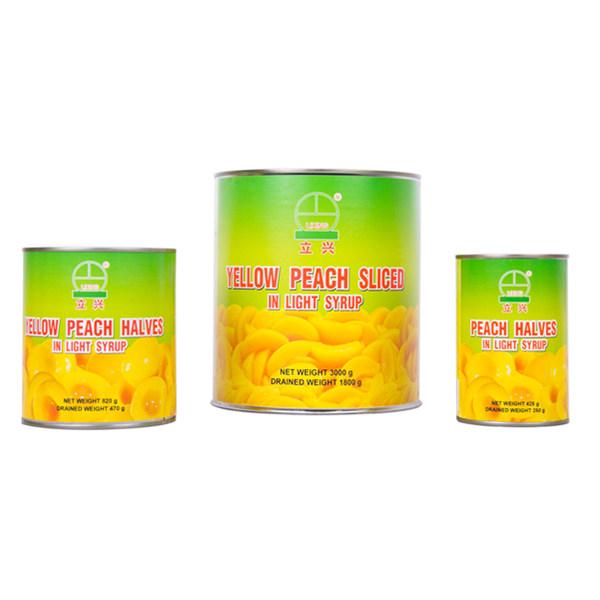Top 7 Best Canned Fruits: How to Choose the Healthiest, Most Delicious Jars
Canned fruits offer year-round nutrition, convenience, and affordability. This guide explores the Top 7 best canned fruits, compares nutrition and sugar levels, and shows how to choose the healthiest jars. Jutai Foods Group Limited provides certified, high-quality canned fruits worldwide.
Introduction
Canned fruits are one of the most convenient and nutritious food products available today. From quick breakfasts to dessert toppings, they provide year-round access to delicious seasonal produce. While fresh fruits may not always be available, canned fruits ensure consistent quality, affordability, and long shelf life.
However, not all canned fruits are created equal. Some contain high sugar levels, while others retain more natural nutrients. This article explores the Top 7 Best Canned Fruits, how to choose the healthiest options, and what nutritional data tells us about their benefits. We will also introduce Jutai Foods Group Limited, a trusted global supplier of premium canned fruits and vegetables.
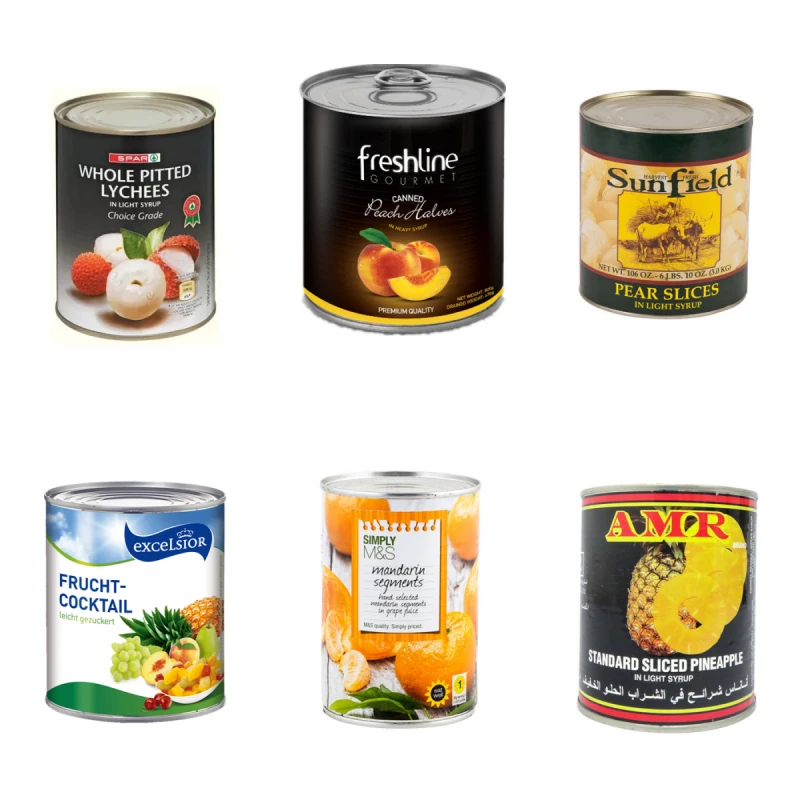
Global Market for Canned Fruits
According to Fortune Business Insights, the global canned fruits market size was valued at USD 10.2 billion in 2023 and is projected to grow at a CAGR of 3.7% between 2024–2030. This growth is driven by rising demand for ready-to-eat food, urbanization, and increased health awareness.
Table 1: Global Canned Fruits Market Growth (USD Billion)
| Year | Market Size (USD Billion) | Growth % |
|---|---|---|
| 2023 | 10.2 | – |
| 2025 | 11.1 | 4.3% |
| 2027 | 12.2 | 4.0% |
| 2030 | 13.5 | 3.7% |
Jutai Foods offers you a variety of canned fruits. If you would like to obtain our product catalog, please leave us a message.
Top 7 Best Canned Fruits
1. Canned Peaches
Peaches are one of the most popular canned fruits, often preserved in juice or syrup. Research shows that canned peaches maintain similar levels of vitamin C and antioxidants compared to fresh peaches.
Nutritional Highlights (per 100g in juice):
Calories: 42 kcal
Vitamin C: 3 mg
Fiber: 1.3 g
They are versatile for smoothies, pies, and as toppings for cereals.
Our canned yellow peaches are a classic favorite, boasting juicy flesh and a balanced sweetness and sourness. Using ripe peaches, they're kept at low temperatures to preserve their rich aroma, resulting in a clear, impurity-free syrup. Enjoy them as a snack, with yogurt, or in peach pie or fruit salad.
2. Canned Pineapples
Pineapples are rich in bromelain, an enzyme that aids digestion. Canned pineapple in natural juice is considered a healthier option compared to heavy syrup.
Nutritional Highlights (per 100g in juice):
Calories: 48 kcal
Vitamin C: 9 mg
Manganese: 0.9 mg (40% DV)
Table 2: Comparison of Pineapple Nutrition – Fresh vs Canned
| Nutrient | Fresh Pineapple | Canned Pineapple (in juice) |
|---|---|---|
| Calories (kcal) | 50 | 48 |
| Vitamin C (mg) | 47 | 9 |
| Fiber (g) | 1.4 | 1.2 |
Conclusion: While canned pineapple has lower vitamin C, it still provides significant manganese and digestive benefits.
Our canned pineapple is crisp and juicy, with a rich, sweet and sour flavor and a tropical feel. Made with ripe pineapple slices, it removes the astringency and preserves the crisp, tender texture. Besides being eaten directly, it can also be used in recipes like sweet and sour pork, pineapple rice, and pizza toppings. Its unique combination of salty and sweet flavor makes it a versatile canned good for any kitchen.
3. Canned Pears
Canned pears are soft, sweet, and easily digestible, making them an excellent choice for children and elderly consumers.
Nutritional Highlights (per 100g in juice):
Calories: 44 kcal
Fiber: 2.2 g
Vitamin K: 4.5 mcg
They are also hypoallergenic and often recommended for sensitive diets.
Our canned pears are soft, glutinous, and delicate, with a subtle pear aroma. The syrup is refreshingly sweet and soothing. Made with crispy or snow pears, they retain their nourishing properties without astringency. Perfect for autumn and winter, they can be enjoyed plain, cooked in pear juice, or combined with white fungus and lotus seeds for a delicious dessert.
4. Canned Mandarin Oranges
Mandarin oranges are loved for their bright flavor and high vitamin C. In school lunch programs worldwide, canned mandarins are commonly used due to their kid-friendly appeal.
Nutritional Highlights (per 100g in juice):
Calories: 40 kcal
Vitamin C: 27 mg (30% DV)
Fiber: 1.2 g
Our canned mandarins are crystal clear, tender, and free of residue, with a refreshing citrus aroma. They're seedless, easy to prepare, and the syrup is just the right amount of sweetness without being overpowering. Add them to your breakfast bowl of oatmeal, mix them in orange soda, or bake orange cakes for a refreshing taste that's loved by both children and adults.
5. Canned Lychees
A tropical delicacy, canned lychees are not only delicious but also provide unique antioxidants such as polyphenols.
Nutritional Highlights (per 100g in syrup):
Calories: 66 kcal
Vitamin C: 7 mg
Potassium: 170 mg
Canned lychees are popular in Asian desserts, cocktails, and fruit salads.
Our canned lychees are reminiscent of the lychee's sweet and tender flavor, with a firm, plump, and juicy texture. Using fresh, seasonal lychees, they preserve their unique aroma and avoid the storage issues associated with fresh fruit. Enjoy chilled in the summer, fresh or with sparkling water or Tremella fuciformis soup for a refreshing and delicious treat, making this a must-try among seasonal canned fruits.
6. Canned Mangoes
Mangoes are called the “king of fruits,” and canned mangoes ensure availability beyond the summer season.
Nutritional Highlights (per 100g in juice):
Calories: 60 kcal
Vitamin A: 540 IU (11% DV)
Vitamin C: 13 mg
Canned mangoes are widely used in smoothies, yogurt blends, and ice cream production.
Our canned mangoes are truly versatile. They can be enjoyed chilled directly from the can, making them a refreshing summer treat with a tropical feel. Adding them to yogurt or oatmeal bowls adds a touch of fruity flavor and texture to breakfast, making it both nutritious and delicious. They can also be used in baking, whether sandwiched between cake bases to make mango mille-feuille, adorned with mousse desserts, or mixed with cream to make mango pancakes. They can even be paired with sparkling water or coconut milk to create a stylish mango drink, recreating the taste of popular online beverage shops at home.
7. Canned Fruit Cocktail
Fruit cocktails usually include a mix of peaches, pears, grapes, pineapples, and cherries. They are a convenient way to enjoy a variety of nutrients in one jar.
Nutritional Highlights (per 100g in juice):
Calories: 50 kcal
Vitamin C: 8 mg
Fiber: 1.5 g
Our canned fruit cocktails eliminate the hassle of peeling, chopping, and blending multiple fruits, making them ideal for busy weeknights, potlucks, or camping trips. The syrup (or juice) in canned fruit cocktails also adds value—use it to sweeten lemonade, flavor rice pudding, or moisten baked goods like muffins, reducing food waste.
How to Choose the Healthiest Canned Fruits
When selecting canned fruits, consider the following:
Juice vs. Syrup – Choose fruits packed in 100% juice or water, as heavy syrup can double sugar content.
Check Labels – Look for “no added sugar” or “low-sodium” labels.
Nutrient Preservation – Opt for brands that use advanced processing to retain vitamins.
Packaging Type – Glass jars and BPA-free cans are safer for long-term consumption.
Table 3: Sugar Content in Canned Fruits (per 100g)
| Fruit Type | In Heavy Syrup (g sugar) | In Juice (g sugar) |
|---|---|---|
| Peaches | 18 | 10 |
| Pineapples | 16 | 11 |
| Pears | 17 | 9 |
| Mandarins | 15 | 8 |
During the production process of our canned fruits, we pick healthy fruits to ensure the quality of each can.
Health Benefits of Canned Fruits
Year-Round Availability – Access to seasonal fruits anytime.
Nutrient Retention – Studies from the Journal of Food Science show canned fruits maintain 90–95% of their nutrients compared to fresh ones.
Affordability – Canned fruits cost 20–30% less than off-season fresh fruits.
Food Security – Canning extends shelf life up to 2 years, reducing food waste.
Jutai Food provides you with healthy and nutritious canned fruits. Our products are strictly checked by inspectors to ensure that you can eat with confidence.
Jutai Foods Group Limited – A Trusted Supplier of Premium Canned Fruits
When it comes to high-quality canned fruits, Jutai Foods Group Limited stands out as a global leader.
Why Choose Jutai Foods?
Strong Production Capacity: Over 20,000 tons of annual sales volume.
Global Reach: Products exported to 80+ countries, including the EU, USA, Japan, and Africa.
Certifications: ISO22000, BRC, HACCP, FDA, and Kosher certified.
Diverse Products: Canned fruits, vegetables, and fish with customizable OEM services.
Sustainable Practices: Own planting bases, science labs, and workshops to ensure quality and traceability.
Customer-Oriented: Response within 24 hours, offering LCL services and market analysis support.
Whether you need canned peaches, pineapples, or exotic fruits like lychees, Jutai Foods guarantees consistent taste, nutrition, and affordability. If you need to order canned fruits, please contact us.
Conclusion
Canned fruits are more than just a pantry staple—they’re a global solution for nutrition, convenience, and sustainability. By choosing wisely (favoring fruits in juice over syrup and brands with strong quality assurance), you can enjoy the delicious benefits of canned fruits year-round.
The Top 7 Best Canned Fruits—peaches, pineapples, pears, mandarins, lychees, mangoes, and fruit cocktail—each bring unique flavors and nutrients to the table. For consumers and businesses seeking reliable supply, Jutai Foods Group Limited provides world-class canned fruit products backed by certifications, international reach, and a reputation for excellence.
